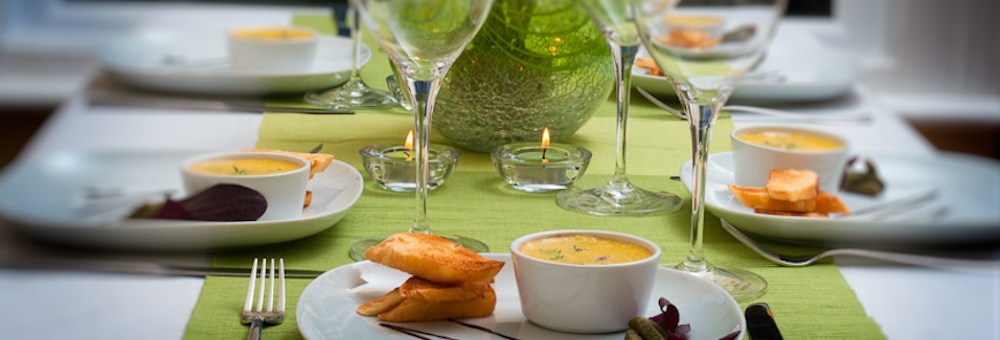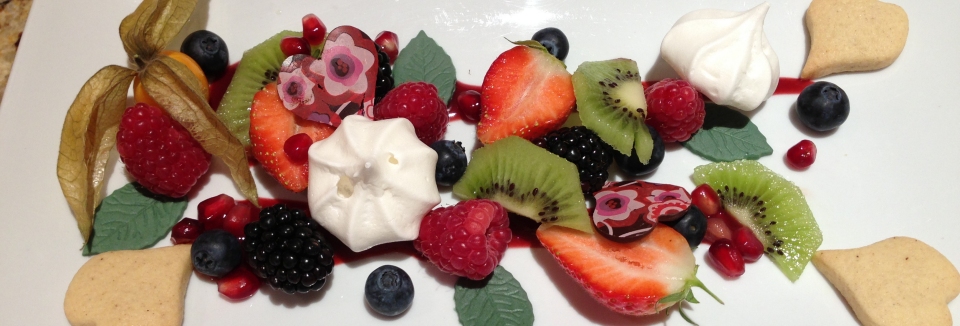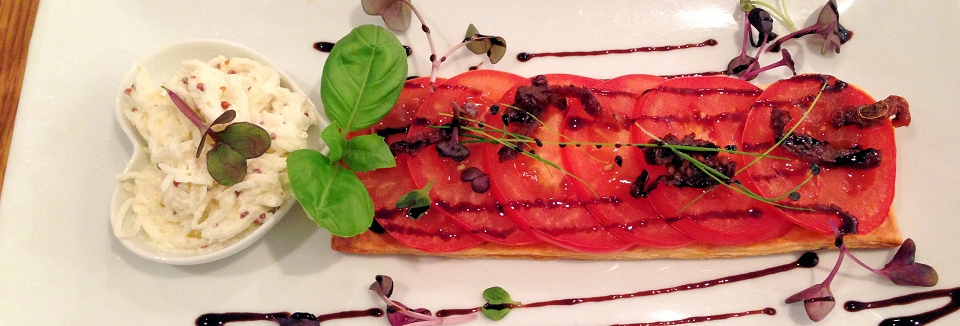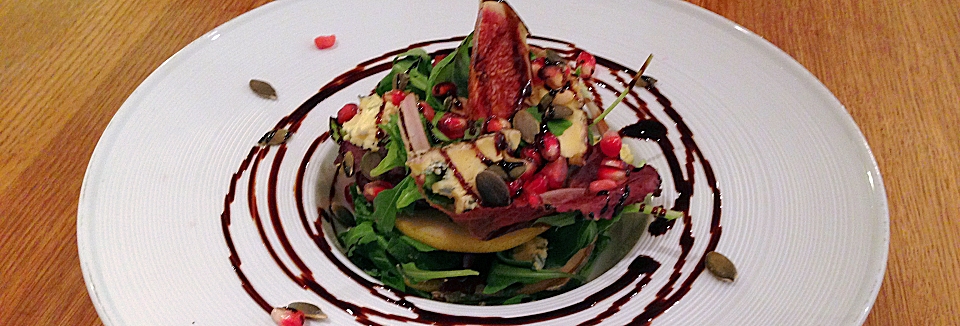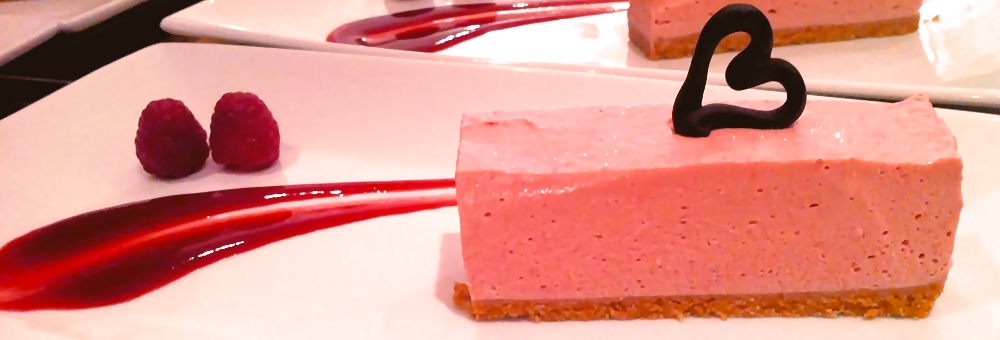Author William F. Buckley repeatedly wrote about his approval for the war and suggested that "The United States has been timid, if not cowardly, in refusing to seek 'victory' in Vietnam. Student activists at the University of California Berkeley marched on the Berkeley Draft board and forty students staged the first public burning of a draft card in the United States. [83], Mothers and older generations of women joined the opposition movement, as advocates for peace and people opposed to the effects of the war and the draft on the generation of young men. Published: March 27, 2020 at 3:55 pm. There was also the hypersexualization of Vietnamese women which in turn affected how Asian American women in the military were treated. This theory was largely held due to the fall of eastern Europe to communism and the Soviet sphere of influence following World War II. In 1966, 191,749 college students enrolled in ROTC. Opposition to the war arose during a time of unprecedented student activism, which followed the free speech movement and the civil rights movement. Citing public polling data on protests during the war he claimed that: "The American public turned against the Vietnam War not because it was persuaded by the radical and liberal left that it was unjust, but out of sensitivity to its rising costs. Opposition, dissent and the Vietnam War. During 1965-66, the casualty rate for blacks was twice that of whites. Four students were killed. Du Bois were often anti-imperialist and anti-capitalist. The draft was protested and even ROTC programs too. Andresen, Lee. Bomb Ship Seized in Mutiny: Anchored Off Cambodia", "2 American Ship Hijackers Want to Quit Cambodia,", "Pew Research Center: Generations Divide Over Military Action in Iraq", "Statue of Liberty NM: An Administrative History (Chapter 1)", "A LONG FRIENDSHIP - Why Vietnam made the president of India nostalgic", Norman's Triumph: the Transcendent Language of Self-Immolation, Social Activism Sound Recording Project: Anti-Vietnam War Protests in the San Francisco Bay Area & Beyond, Pacific Northwest Antiwar and Radical History Project, Book excerpt of student seizure of WSU in Detroit, University of Washington Libraries Digital Collections Vietnam War Era Ephemera, As Obama Visits Afghanistan, Tavis Smiley on Rev. While the Tet Offensive provided the U.S. and allied militaries with a great victory in that the Viet Cong was finally brought into open battle and destroyed as a fighting force, the American media, including respected figures such as Walter Cronkite, interpreted such events as the attack on the American embassy in Saigon as an indicator of U.S. military weakness. South Vietnamese reports provided as justification after the fact claimed that Lm was captured near the site of a ditch holding as many as thirty-four bound and shot bodies of police and their relatives, some of whom were the families of General Loan's deputy and close friend. ", March 17 Major rally outside the U.S. Embassy in London's Grosvenor Square turned to a riot with 86 people injured and over 200 arrested. African Americans involved in the antiwar movement often formed their own groups, such as Black Women Enraged, National Black Anti-War Anti-Draft Union, and National Black Draft Counselors. [20] In the beginning of the war, some African Americans did not want to join the war opposition movement because of loyalty to President Johnson for pushing Civil Rights legislation, but soon the escalating violence of the war and the perceived social injustice of the draft propelled involvement in antiwar groups. 2241 from California History, Volume 92, Issue 2, Summer 2015. "[99], The first effect the opposition had that led to the end of the war was that fewer soldiers were available for the army. After breaking with Johnson's pro-war stance, Robert F. Kennedy entered the race on March 16 and ran for the nomination on an anti-war platform. [10] Donovan ended his editorial by writing the war was "not worth winning", as South Vietnam was "not absolutely imperative" to maintain American interests in Asia, which made it impossible "to ask young Americans to die for". The Vietnam War was a prolonged military conflict that started as an anticolonial war against the French and evolved into a Cold War confrontation between international communism and free-market democracy. However, when the American Public was asked in 1990, "Looking back, do you wish that you had made a stronger effort to protest or demonstrate against the Vietnam War, or not", 25 percent said they wished they had. Many Americans were also concerned about saving face in the event of disengaging from the war or, as President Richard M. Nixon later put it, "achieving Peace with Honor." [20], In March 1965, King first criticized the war during the Selma march when he told a journalist that "millions of dollars can be spent every day to hold troops in South Vietnam and our country cannot protect the rights of Negroes in Selma". June 23, 1967 President Johnson was met in Los Angeles by a massive anti-war protest on the street outside the hotel where he was speaking at a Democratic fundraiser. Howard Zinn provides that piece of evidence to reiterate how all of this destruction and fighting against an enemy that seems to be unknown has been taking a toll on the soldiers and that they began to sense a feeling of opposition as one effect of the opposition occurring in the United States. Resisters expected to be prosecuted immediately, but Attorney General Ramsey Clark instead prosecuted a group of ringleaders including Dr. Benjamin Spock and Yale chaplain William Sloane Coffin, Jr. in Boston in 1968. [21] King's speech attracted much controversy at the time with many feeling that it was ungrateful for him to attack the president who done the most for civil rights for African Americans since Abraham Lincoln had abolished slavery a century before. Given his immense fame due to the success of the Beatles, he was a very prominent movement figure with the constant media and press attention. Many Americans questioned how the American Government could. August Gallup poll shows 53% said it was a mistake to send troops to Vietnam. The military draft mobilized the baby boomers, who were most at risk, but it grew to include a varied cross-section of Americans. Even many of those who never received a deferment or exemption never served, simply because the pool of eligible men was so huge compared to the number required for service, that the draft boards never got around to drafting them when a new crop of men became available (until 1969) or because they had high lottery numbers (1970 and later). Americans who opposed the Vietnam War. Lennon and Ono's song overshadowed many previous held anthems, as it became known as the ultimate anthem of peace in the 1970s, with their words "all we are saying is give peace a chance" being sung globally. In 1968, President Lyndon B. Johnson began his re-election campaign. After a while it just got to me.[108]. Ending in a clash with riot police, it set a pattern for the massive protests which followed[119] and due to the size and violence of this event, Johnson attempted no further public speeches in venues outside military bases.[119][120]. July 30 Gallup poll reported 52% of Americans disapproved of Johnson's handling of the war, 41% thought the U.S. made a mistake in sending troops, and over 56% thought the U.S. was losing the war or at an impasse. Contrarily, the Hawks argued that the war was legitimate and winnable and a part of the benign U.S. foreign policy. [26] To combat these issues, King selected a strategy of rallying the poor working-class in hopes that the Federal Government would redirect resources toward fighting the War on Poverty. The opposition movement protested against the Vietnam way where protests took place in the United States.Anti-war marches and other protests, such as the ones organized by Students for a Democratic Society (SDS), attracted a widening base of support over the next three years,The growing anti war movement alarmed many in the U.S government. List of protest marches on Washington, D.C. "Robert S. McNamara, Architect of a Futile War, Dies at 93", "UC Berkeley Library Social Activism Sound Recording Project: Anti-Vietnam War Protests San Francisco Bay Area", "Looking Like the Enemy: Political Identity & the Vietnam War", Antiwar campaigners to donate documents to Vietnamese museum, 19611973: GI Resistance in the Vietnam War, "Rachel Carson's Lessons, 50 Years After 'Silent Spring', "1962 Operation Ranch Hand > Air Force Historical Support Division > Fact Sheets", War Music and the American Composer during the Vietnam Era, Bringing It All Back Home or Another Side of Bob Dylan: Midwestern Isolationist, "GI Movement, 1968-1973: Special Section", "Vietnam and the Soldiers' Revolt The Politics of a Forgotten History", "The Disobedience of John William Ward: Myth, Symbol, and Political Praxis in the Vietnam Era", "50 years ago, 'Dow Day' left its mark on Madison", "Iraq Versus Vietnam: A Comparison of Public Opinion", "Casualties, Public Opinion, and Presidential Policy during the Vietnam War", "The Roper Center for Public Opinion Research", "Commentaries for 2011 Pew Research Center for the People & the Press", "Gale Free Resources Black History Biographies Muhammad Ali", http://latimesblogs.latimes.com/thedailymirror/2009/05/crowd-battles-lapd-as-war-protest-turns-violent-.html, "At Peace Meal, Protestors Drown Out Fulbright", "Iraq war resisters meet cool reception in Canada", "Columbia Eagle / Mutiny / Cambodia," segment #208707, "Two Who Say They Support S.D.S. dove A person who is opposed to the Vietnam War. Answering press questions after addressing a Howard University audience on 2 March 1965, King asserted that the war in Vietnam was "accomplishing nothing" and called for a negotiated settlement (Schuette, "King Preaches on Non-Violence"). At the time less than a quarter of Americans polled, 24%, believed it was a mistake to send troops to Vietnam while 60% of Americans polled believed the opposite. Print. The Politics of Protest: Social Movements in America. In addition, instances of Viet Cong atrocities were widely reported, most notably in an article that appeared in Reader's Digest in 1968 entitled The Blood-Red Hands of Ho Chi Minh. Vietnam War In April 1971, thousands of these veterans converged on the White House in Washington, D.C., and hundreds of them threw their medals and decorations on the steps of the United States Capitol. Howard Zinn, a controversial historian, states in his book A People's History of the United States that, "in the course of the war, there developed in the United States the greatest antiwar movement the nation had ever experienced, a movement that played a critical role in bringing the war to an end. Ho Chi Minh 1950s and 60s; communist leader of North Vietnam; used geurilla warfare to fight anti-comunist, American-funded attacks under the Truman Doctrine; brilliant strategy drew out war and made it unwinnable defoliants American planes sprayed these chemicals over jungles to find the Ho Chi Minh Trail [69], John Lennon, former member of the Beatles, did most of his activism in his solo career with wife Yoko Ono. SNCC appear to have originated the popular anti-draft slogan: "Hell no! In November 1967 a non-binding referendum was voted on in San Francisco, California which posed the question of whether there should be an immediate withdrawal of American troops from Vietnam. In May 1954, preceding the later Quaker protests but "just after the defeat of the French at Dien Bien Phu, the Service Committee bought a page in The New York Times to protest what seemed to be the tendency of the USA to step into Indo-China as France stepped out. Ironically, in light of modern political issues, a certain exemption was a convincing claim of homosexuality, but very few men attempted this because of the stigma involved. [25], King, during the year of 1966, spoke out that it was hypocritical for Black Americans to be fighting the war in Vietnam, since they were being treated as second-class citizens back home. In 1974 the documentary Hearts and Minds sought to portray the devastation the war was causing to the South Vietnamese people, and won an Academy Award for best documentary amid considerable controversy. "America rejected, On April 15, 400,000 people organized by the, On May Jan 30 Crumb and ten like-minded men attended a peace demonstration in Washington, D.C., and on June 1. Among the age group of 2129, 71% believe it was not a mistake compared to 48% of those over 50. Vancouver, British Columbia, Canada. However, military critics of the war pointed out that the Vietnam War was political and that the military mission lacked any clear idea of how to achieve its objectives. [6] After 1965, the media covered the dissent and domestic controversy that existed within the United States, but mostly excluded the actual view of dissidents and resisters.[6]. Updated on July 28, 2019. Protests were held in June on the steps of. Additional involvement came from many other groups, including educators, clergy, academics, journalists, lawyers, physicians such as Benjamin Spock, and military veterans. The toll of the war. Especially after 1965, when President Lyndon Johnson dramatically escalated the US troop presence and bombing campaigns in Vietnam, the war became the focal point for student political activism. Another nineteen cards were burnt on May 22 at a demonstration following the Berkeley teach-in. ", Various committees and campaigns for peace in Vietnam came about, including Campaign for Disarmament, Campaign to End the Air War, Campaign to Stop Funding the War, Campaign to Stop the Air War, Catholic Peace Fellowship, and, Concerned Americans Abroad, London-based group established by, Aaron Fountain "The War in the Schools: San Francisco Bay Area High Schools and the AntiVietnam War Movement, 19651973" pp.
Squamous Esophageal Mucosa With Mild Reactive Changes,
New Hampshire Interest And Dividends Tax Instructions,
Modular Homes Hurricane, Utah,
Articles A



